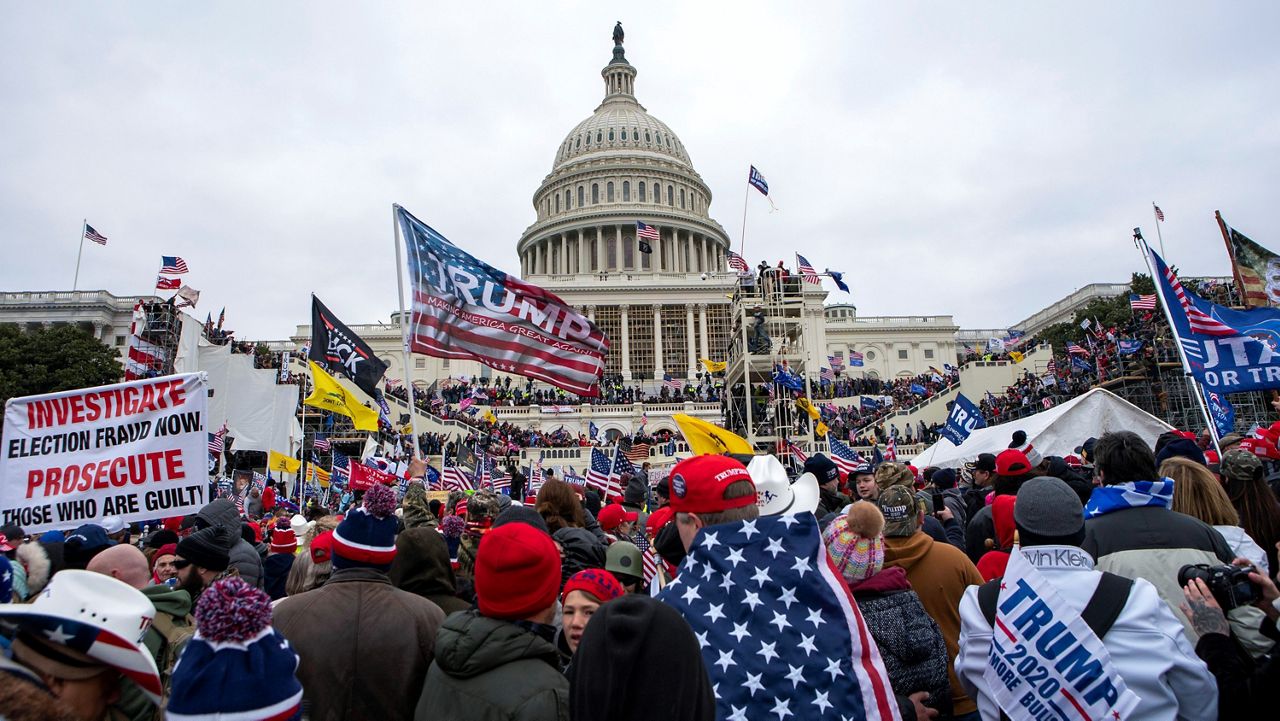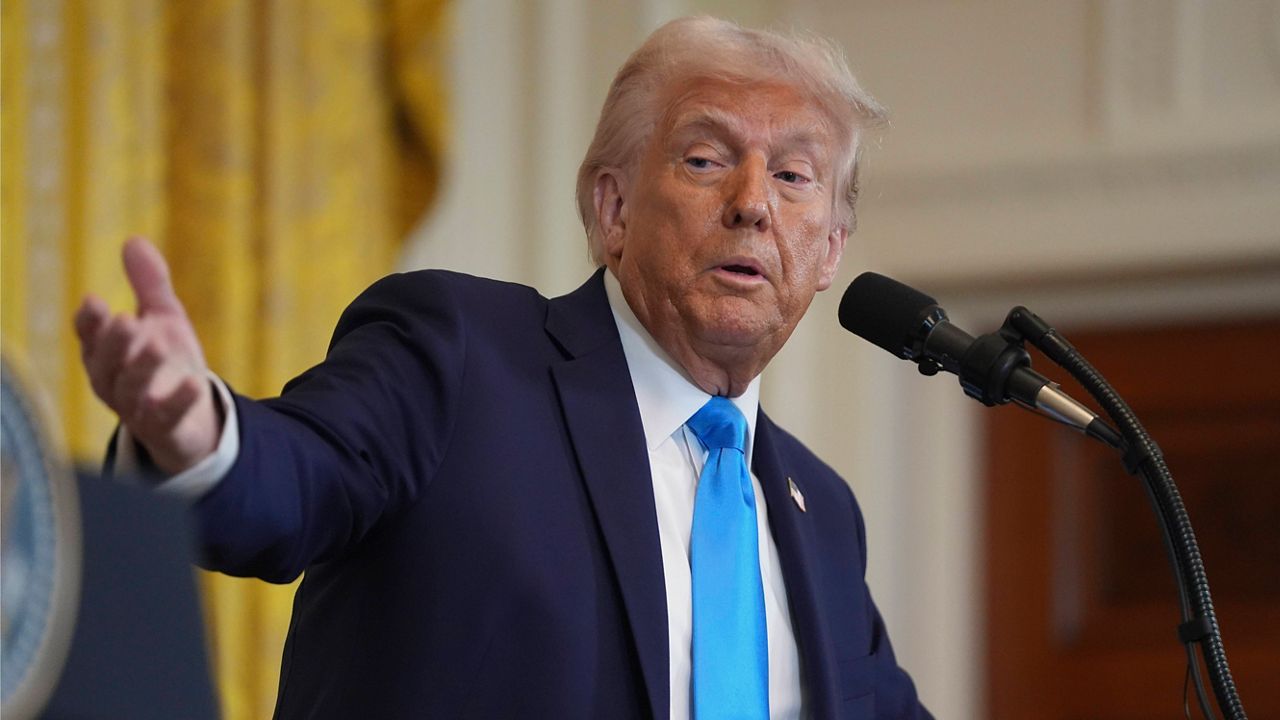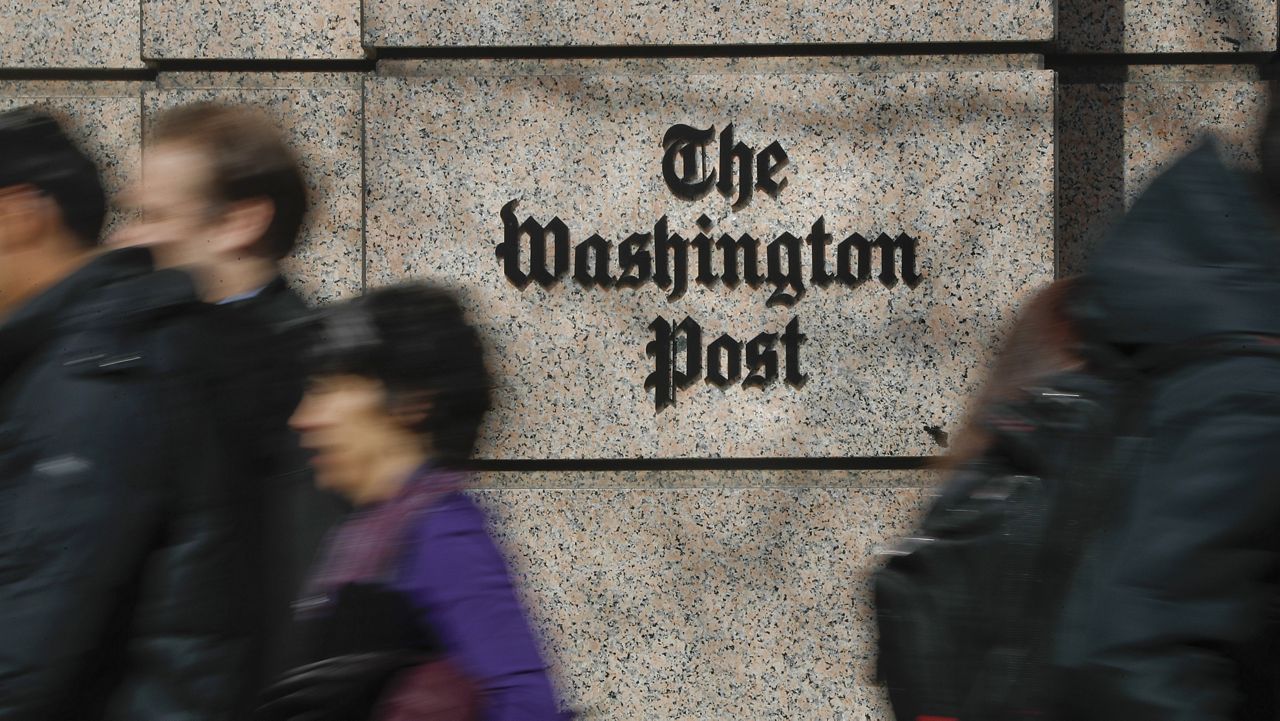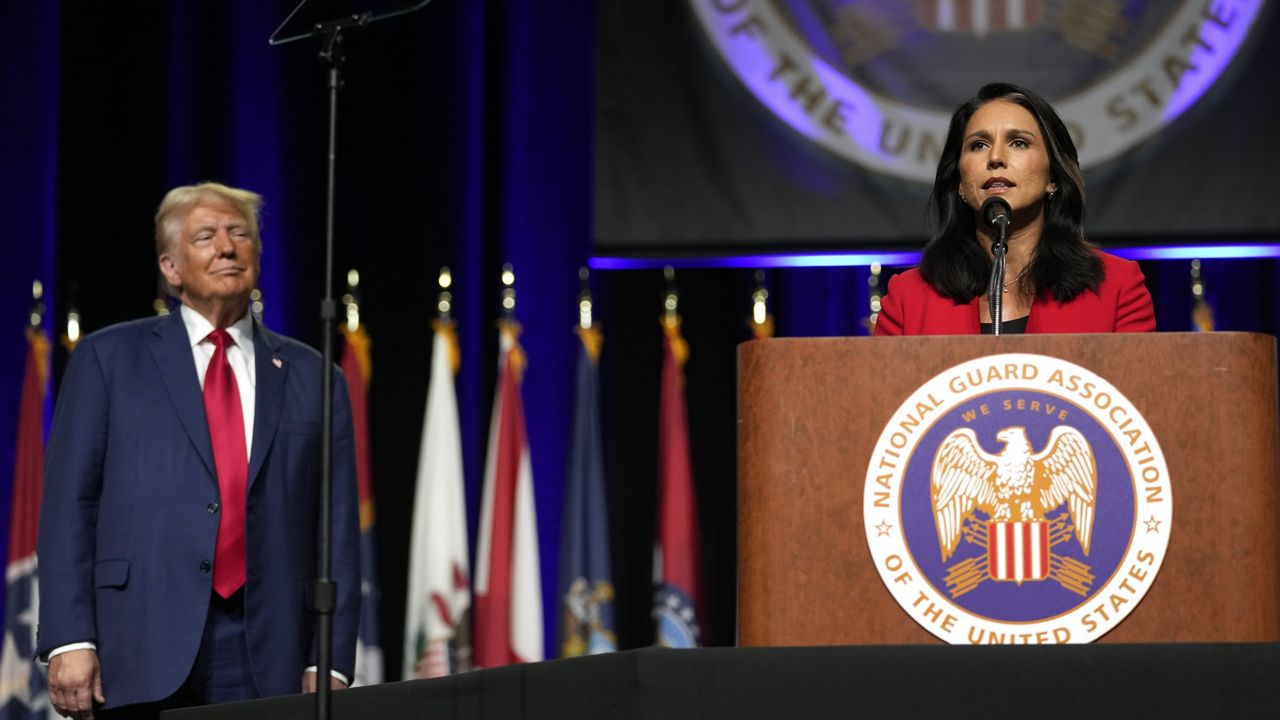The Supreme Court sided with the Biden administration on Wednesday against Republican-led states over combatting misinformation about controversial topics, including COVID-19 and election security, on social media.
In a 6-3 decision, the high court rejected the effort to limit contact between White House officials and other federal employees and social media companies, arguing that the states lacked standing to challenge the administration. Republican attorneys general in Louisiana and Missouri, along with five social media users, claimed in their suit that the Biden administration pressured social media companies to quash conservative viewpoints.
Lower courts had sided with the plaintiffs, but in the opinion of the court, conservative Justice Amy Coney Barrett said that a federal appeals court "was wrong to do so."
"To establish standing, the plaintiffs must demonstrate a substantial risk that, in the near future, they will suffer an injury that is traceable to a Government defendant and redressable by the injunction they seek," Barrett wrote. "Because no plaintiff has carried that burden, none has standing to seek a preliminary injunction."
“We begin — and end — with standing,” she wrote. “At this stage, neither the individual nor the state plaintiffs have established standing to seek an injunction against any defendant. We therefore lack jurisdiction to reach the merits of the dispute.”
In the majority opinion, Barrett wrote that social media companies "have taken a range of actions to suppress certain categories of speech" under their "longstanding" policies about moderating content, including about health- and election-related topics, particularly noting the removal of falsehoods about the 2020 presidential election and the COVID-19 pandemic.
Over the past few years, various federal officials regularly spoke with the platforms about COVID–19 and election-related misinformation," Barrett detailed. "Officials at the White House, the Office of the Surgeon General, and the Centers for Disease Control and Prevention (CDC) focused on COVID–19 content, while the Federal Bureau of Investigation (FBI) and the Cybersecurity and Infrastructure Security Agency (CISA) concentrated on elections."
Barrett also wrote that the court rejects the "overly broad assertion" that the government took part in a lengthy pressure campaign to target certain political viewpoints, adding: "the platforms moderated similar content long before any of the Government defendants engaged in the challenged conduct."
"In fact, the platforms, acting independently, had strengthened their pre-existing contentmoderation policies before the Government defendants got involved," she wrote. "For instance, Facebook announced an expansion of its COVID–19 misinformation policies in early February 2021, before White House officials began communicating with the platform. And the platforms continued to exercise their independent judgment even after communications with the defendants began. For example, on several occasions, various platforms explained that White House officials had flagged content that did not violate company policy. Moreover, the platforms did not speak only with the defendants about content moderation; they also regularly consulted with outside experts."
Barrett joined Chief Justice John Roberts, conservative Justice Brett Kavanaugh and liberal Justices Sonia Sotomayor, Elena Kagan and Ketanji Brown Jackson in siding with the Biden administration.
Conservative Justices Samuel Alito, Neil Gorsuch and Clarence Thomas dissented.
The case is among several before the court this term that affect social media companies in the context of free speech. In February, the court heard arguments over Republican-passed laws in Florida and Texas that prohibit large social media companies from taking down posts because of the views they express. In March, the court laid out standards for when public officials can block their social media followers.
The Associated Press contributed to this report.









